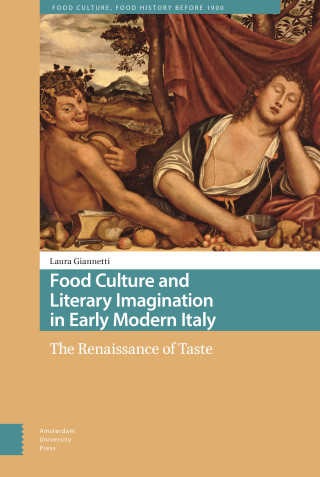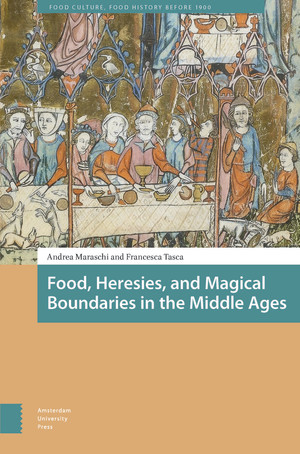In this book readers will find stories about medieval heresies and “magic” from an unusual perspective: that of food studies. The time span ranges from Late Antiquity to the Late Middle Ages, while the geographical scope includes regions as different as North Africa, Spain, Ireland, continental Europe, the Holy land, and Central Asia. Food, heresies, and magical boundaries in the Middle Ages explores the power of food in creating and breaking down boundaries between different groups, or in establishing a contact with other worlds, be they the occult sides of nature, or the supernatural. The book emphasizes the role of food in crafting and carrying identity, and in transferring virtues and powers of natural elements into the eater’s body. Which foods and drinks made someone a heretic? Could they be purified? Which food offerings forged a connection with the otherworld? Which recipes allowed gaining access to the hidden powers within nature?

